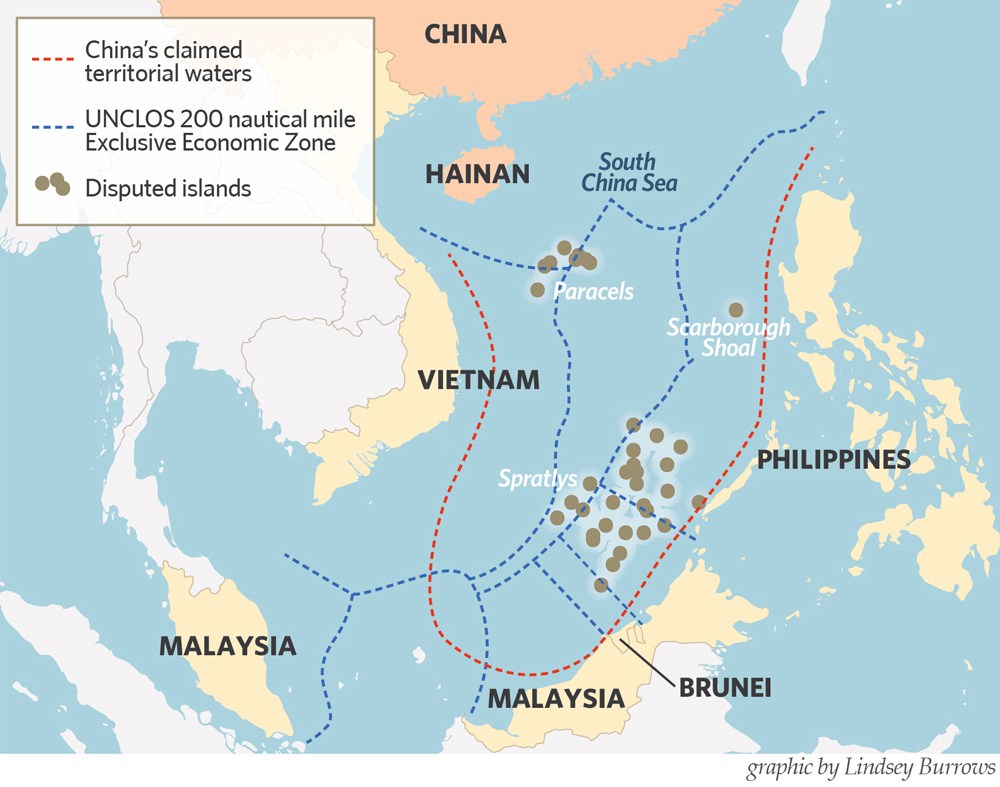Experts linked Philippine universities’ poor rankings on budget cuts
None of the country’s leading universities made it to the list of Top 300 schools in the latest QS World University Rankings, and the experts noted the result as a link between the recent slash in the higher education budget to the universities’ academic performance.
“No Filipino universities make the top 300 in latest QS World University Rankings,” Quacquarelli Symonds, a London-based international advisory firm, says in a report released on Monday.
“All four of the Filipino universities ranked in the annual QS World University Rankings have dropped places in the 2011/2012 edition,” the report stated.
Though it remained as the top Philippine university, the University of the Philippines (UP) dropped 18 spots from ranking 314 last year to 332 this year.
Ateneo de Manila University (AdMU) ranked 360 from the 307th spot last 2010. The De La Salle University (DLSU) and University of Sto. Tomas (UST) slide farther down the list, with DLSU dropping on the 551-600 bracket from the 451-500 bracket last year and UST ranking within the 601+ bracket from the 551-600 range.
“This may come as a disappointment, but possibly not a surprise as thousands of students recently took to the streets in protest of the government’s budget cuts in higher education,” QS added in the latest report.
Various student groups have been protesting against the Aquino Administration’s budget cut on higher education funding, saying this will further limit the poor to quality education since the move will call for different universities and colleges’ increase on tuition and other miscellaneous fees.
Overall, the recent administration reduced the budget of the country’s 112 state universities and colleges to P23.4 billion this year from P23.8 billion in the previous year based on earlier reports.
QS Advisory board member John O’Leary said that nations like Germany, Japan and South Korea have kept their state-funded universities within the top brackets through “channeling extra support” on education. The opposite has happened on other countries.
“The 2011 QS World University Rankings give a clear illustration of the link between investment and results in higher education,” O’Leary stated.
“… countries that have cut funding for higher education have seen a gradual decline in the international standing of their universities,” the QS board member pointed.
Meanwhile, United Kingdom’s Cambridge University topped the list for the second consecutive year, followed by three American universities namely Harvard University, Massachusetts Institute of Technology, and Yale University. The University of Oxford in UK completed the Top Five list of prime universities.
Among Asian universities, the University of Hong Kong ranked the highest landing at no. 22.
The annual world university ranking of QS evaluates world schools based on academic performance and employer feedback since 2004. The list is described by Manila Standard Today as the world’s most highly referenced global ranking of 700 universities using its own methodology with six indicators.
For this year, QS surveyed 32,000 academics and 16,000 employers, the “largest of its kind ever conducted” according to a report.

